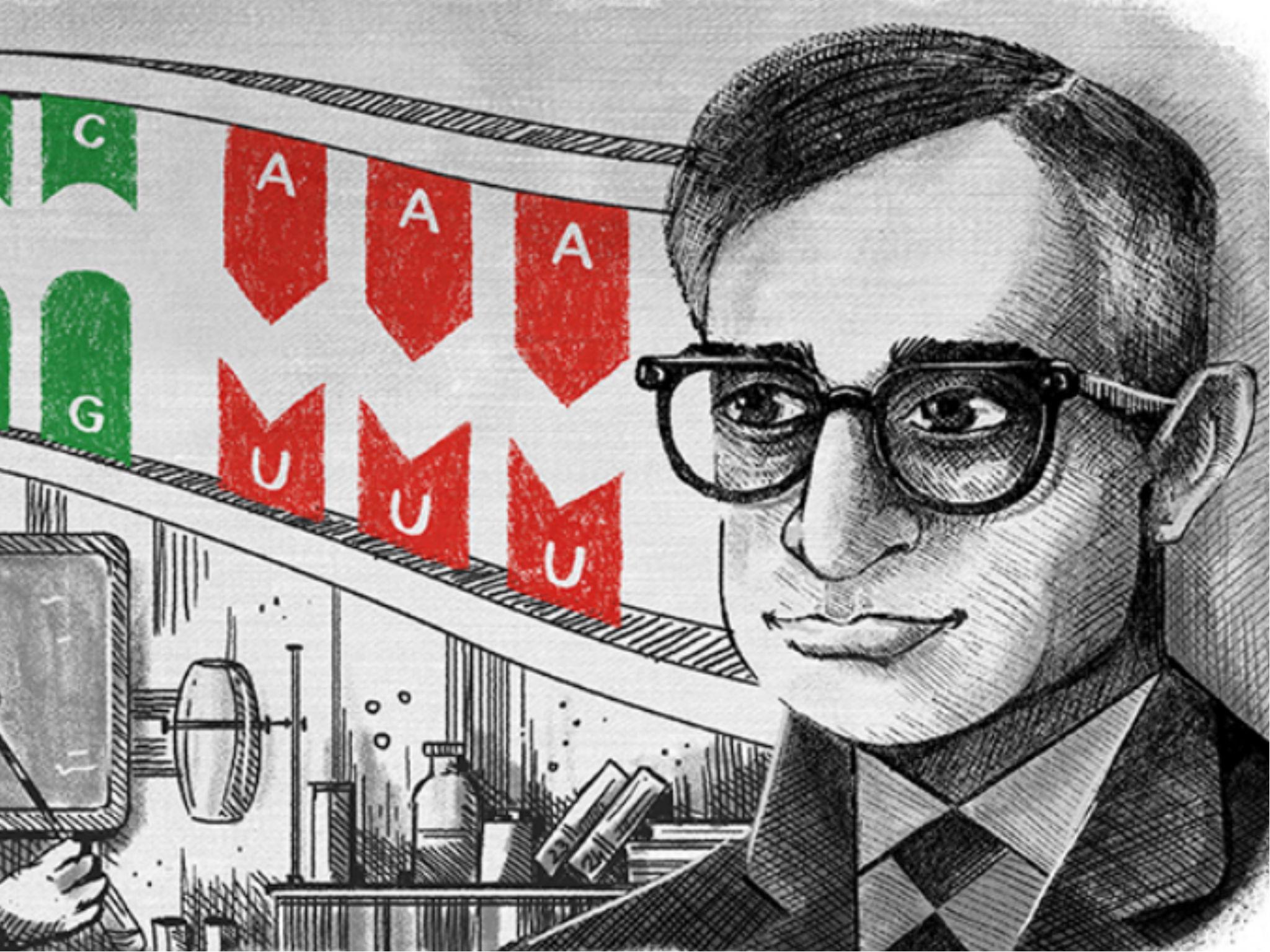Har Gobind Khorana: Who was the man who helped unlock the secret of DNA?
Google is celebrating what would have been his 96th birthday

Your support helps us to tell the story
From reproductive rights to climate change to Big Tech, The Independent is on the ground when the story is developing. Whether it's investigating the financials of Elon Musk's pro-Trump PAC or producing our latest documentary, 'The A Word', which shines a light on the American women fighting for reproductive rights, we know how important it is to parse out the facts from the messaging.
At such a critical moment in US history, we need reporters on the ground. Your donation allows us to keep sending journalists to speak to both sides of the story.
The Independent is trusted by Americans across the entire political spectrum. And unlike many other quality news outlets, we choose not to lock Americans out of our reporting and analysis with paywalls. We believe quality journalism should be available to everyone, paid for by those who can afford it.
Your support makes all the difference.The biochemist responsible for discovering an essential function of our DNA — and for constructing the first synthetic gene — is being honoured by Google with a Doodle in many parts of the world.
Har Gobind Khorana would be 96-years-old Tuesday, and has been honoured within the scientific community in the past with some of the most prestigious awards available.
Here’s what you need to know about Mr Khorana’s life and accomplishments.
His passion for science started when he was a young boy in India. Mr Khorana, born in 1922, grew up the youngest of five children with a father who tried to foster a love of learning in his children. He helped them learn to read and write, which wasn’t common in the village where Mr Khorana grew up.
From those humble beginnings, he was boosted by scholarships to receive a very advanced degree. Mr Khorana received his bachelors in organic chemistry in 1948. Throughout his early days in education, he was supported by scholarships that helped him to pursue his passions.
He won the Nobel Prize in Physiology or Medicine in 1968. That award was given to Mr Khorana alongside two other researchers. Mr Khorana was based at the University of Wisconsin at the time, but had previously conducted research at universities in Canada, Switzerland, and England.
That award was given for discovering that the order of nucleotides in DNA determines which amino acids are built. Nucleotides are the subunits of DNA or RNA, and consist of bases made of nitrogen. There are four types of nucleotides for each DNA, and RNA, an the order in which they are put connected — forming the double helix — is important for determining which types of proteins the cells create. Proteins are responsible for basic form and functions.
He received more awards than just the Nobel Prize. Mr Khorana accumulated a host of awards during his lifetime, and was well respected in his field of research. Among those other awards was the National Medal of Science.
Join our commenting forum
Join thought-provoking conversations, follow other Independent readers and see their replies
Comments